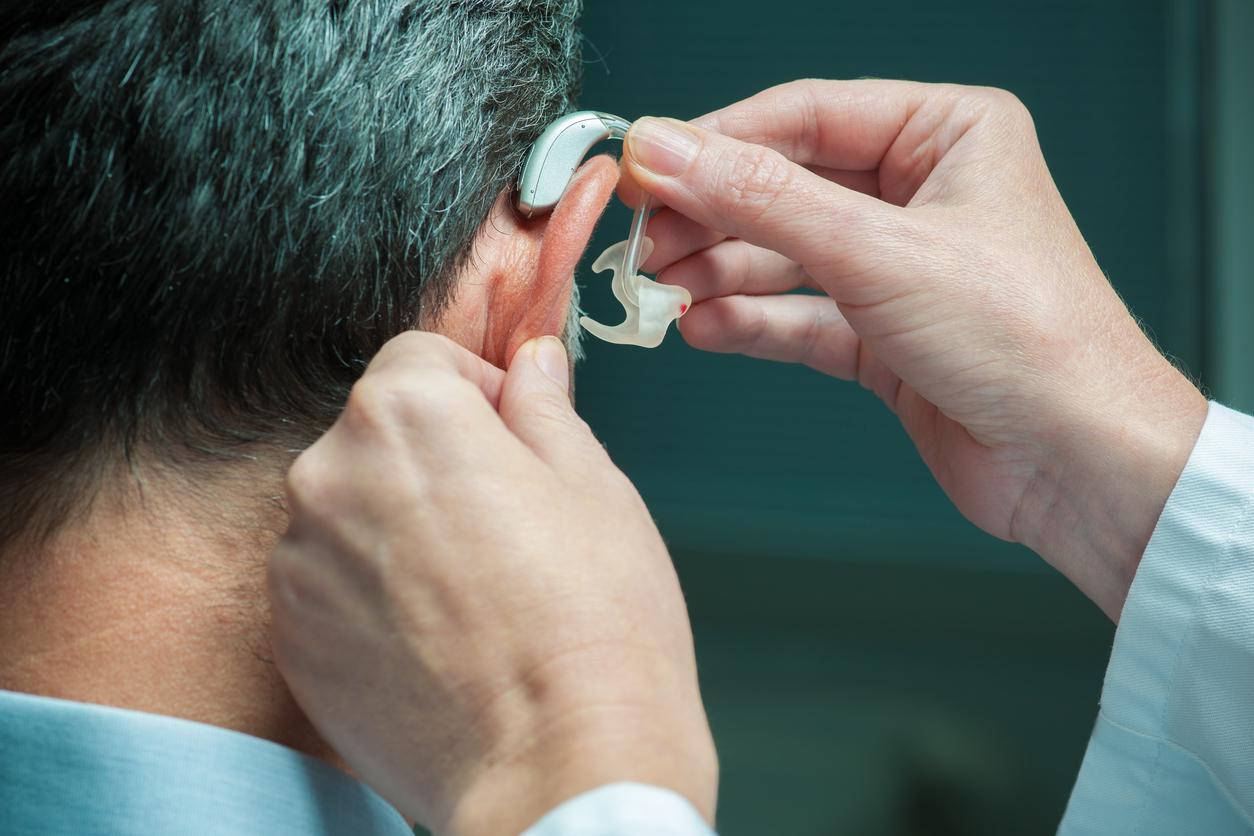Patients over 40 with visual impairment have a 50% increased risk of developing Alzheimer’s.

- Patients over 40 who have visual impairment have a 50% increased risk of developing the disease.
- The stimulation of cerebral plasticity, induced by the correction of vision disorders, makes it possible to delay the onset of Alzheimer’s, or even to reduce its intensity in patients who are already sick.
- The risk of dementia increases significantly with worsening visual acuity.
Correct your eyesight to keep your head? Korean researchers suggest that it is possible to limit the risk of developing Alzheimer’s by correcting vision problems. According to their work, patients over 40 who have visual impairment have a 50% increased risk of developing the disease. They presented their results on June 4 in the scientific journal Scientific Reports.
No stimulation of brain plasticity
The link between sight and Alzheimer’s is not yet clear, but this research adds to other studies that have shed light on the potential link between the eye and neurodegenerative disease. On May 13, a study published in the journal Scientific Reports presented retinal texture as a potential biomarker of Alzheimer’s. “The retina may provide easy access to the brain, and its thinning may indicate a decrease in the amount of neural tissue, which may mean that Alzheimer’s disease is present”, wrote the researchers from the American University of Duke who carried out the research.
In this study, the researchers believe that the stimulation of cerebral plasticity, induced by the correction of vision disorders, makes it possible to delay the onset of Alzheimer’s, or even reduce its intensity in patients who are already sick. Seeing less does not stimulate the brain, a stimulation that generates new neuronal connections and allows the brain to limit the risks or the intensity of the pathology.
A risk factor, all other things being equal
Researchers analyzed data from 6,029,657 people aged 40 or older, from Korea’s National Health Insurance Service. “Dementia risk increased significantly with worsening visual acuity”, they reported. These results were confirmed after removing certain factors such as alcohol consumption, tobacco, gender, age, physical activity or even diabetes and hypertension. They add that the risk of dementia increases over time in people who lose their sight or have severe visual impairments.

.

















